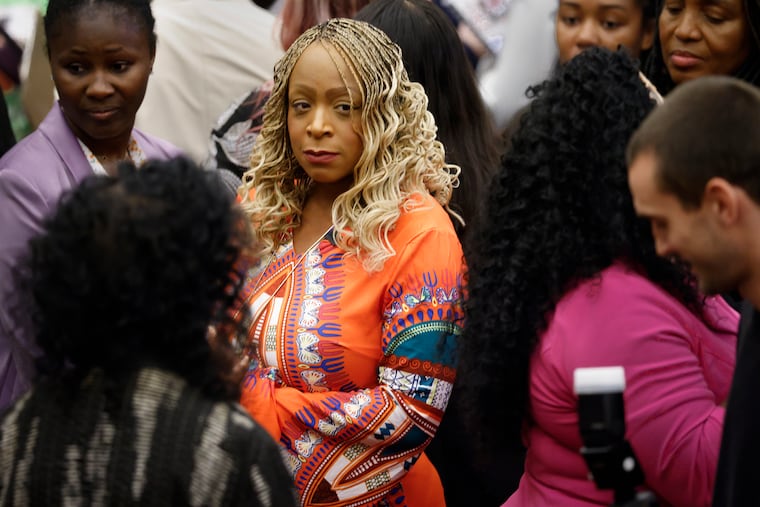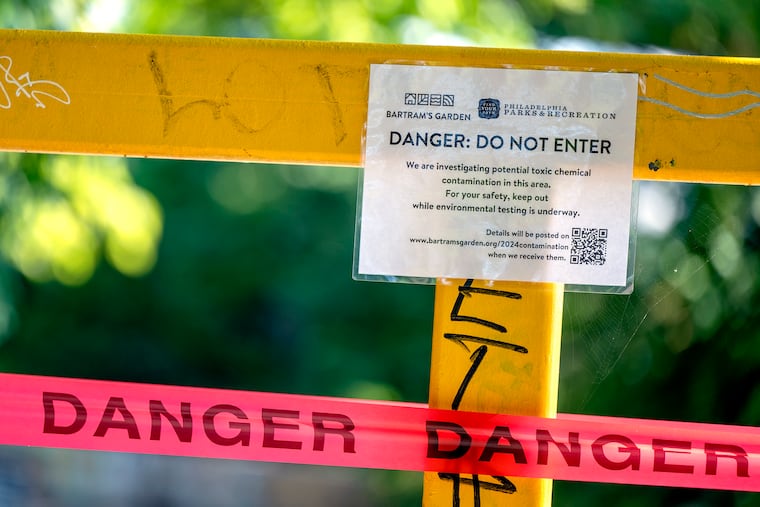West Philly Councilmember Gauthier seeks additional regulations for university land sales.
In a recent development that has stirred considerable debate in West Philadelphia, Councilmember Jamie Gauthier expressed her dissatisfaction with St. Joseph’s University following the institution’s sale of a significant portion of its campus to the Belmont Neighborhood Educational Alliance, a nonprofit organization led by developer Michael Karp. The transaction was confirmed during a City Council meeting, marking a notable change in the landscape of University City, which is part of Gauthier’s district.
In response to the sale, Gauthier has taken legislative action aimed at increasing community oversight in large land transactions involving educational institutions. Her proposed legislation seeks to ensure that decisions impacting major land use are made with community input, as recent sales may be indicative of broader trends within a struggling higher education market. While the initial version of her bill encountered skepticism from the city’s Law Department and legal experts regarding its enforceability, Gauthier has since amended the legislation to garner support.
The new draft modifies the bill’s parameters, focusing not just on ownership changes but on proposed alterations in land use for parcels exceeding 5,000 square feet. This means if a university sells land to a developer for purposes other than education, the law would be activated. However, conflicts remain, as St. Joseph’s represented that its sale to Belmont, which plans to establish a teaching college, may not trigger the new regulations.
The amendments to Gauthier’s bill also simplified the requirements for neighborhood engagement, eliminating previous stipulations that would have involved residents on the Planning Commission during reviews of land transfers. Proponents of the legislation argue that increased transparency in land use decisions is essential, particularly in communities where universities wield substantial influence over real estate markets.
During discussions, Gauthier emphasized that the legislation is designed to protect community interests, asserting that the proposed changes would not infringe upon property rights or decrease property values. Support for the bill has been robust among local residents and neighborhood organizations, many of whom voiced concerns over what they perceive as a lack of genuine communication and consideration from St. Joseph’s regarding the implications of its sale.
Conversely, St. Joseph’s University officials argue that Gauthier’s legislation could adversely affect the institution’s financial standing and its overall capacity to provide educational services. They contend that potential devaluation of assets, coupled with restrictions on future developments, could ultimately harm students’ financial aid opportunities and the university’s ability to launch new programs.
Despite opposition from St. Joseph’s, the amended bill has successfully passed through the City Council’s Rules Committee. The Philadelphia Planning Commission has since requested a pause on the legislation for further evaluation, indicating that a comprehensive discussion of its implications may delay the full Council’s consideration until late November. As the community navigates these changes, the dynamics between educational institutions and local neighborhoods continue to evolve, underscoring the critical need for transparent engagement in shaping the future of University City.
Media News Source







